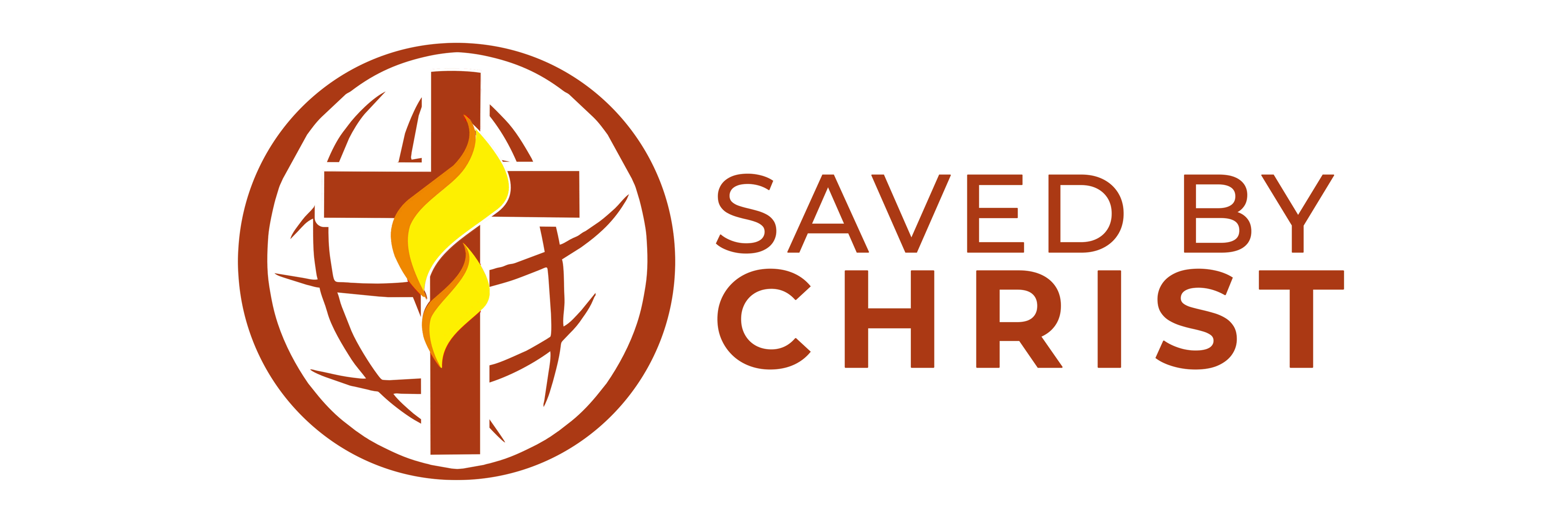Understanding the Metamask Problem: Gas Optimization and Fees
As a user of the popular Metamask blockchain platform, you may experience difficulties with gas optimization and fees. In this article, we will delve into the problem and provide steps to solve it.
Problem: high gas charges and potential crash
Metamask is an open-source browser-based wallet that allows users to interact with various Ethereum-compatible blockchains. However, one of its main functions is the ability to execute smart contracts in these chains with the help of a decentralized VRF (Virtual Random Function) random number generator. This feature is heavily dependent on gas optimization to ensure efficient and reliable transaction execution.
Problem: Not enough gas
When you use Metamask to interact with the blockchain, it requires gas to execute smart contracts. However, if the gas bill is too high, it can lead to several problems:
- Transaction Failure: If the gas fee is too low, the transaction may fail or be rejected by the blockchain.
- Slowness: High gas fees can cause your transactions to be processed slowly.
- Increased risk of errors: high gas fees can also increase the probability of errors and deviations in the transaction process.
Possible reasons:
Before delving into solutions, it is important to determine the possible causes of the problem:
- Incorrect gas settings: Make sure you have set the correct gas limit for your transaction.
- Insufficient Funds: Make sure you have enough Ether (ETH) in your Metamask account to cover your gas expenses.
- High network fees: Blockchain gas fees can be high, especially when performing complex transactions.
Solutions:
To resolve the issue, follow these steps:
1. Check throttle settings
Make sure you set the correct gas limit for your transaction:
`solidity
pragma solidity ^0.8.20;
import "./Errors.sol";
import "@openzeppelin/contracts/token/ERC20/IERC20.sol";
import "@chainlink/contracts/src/v0.8/vrf/dev/VRFConsumerBaseV2Plus....";
import "metamask-sdk.sol"
contract MySmartContract { {
mapping ( uint256 => Ether ) public etherBalance ;
function sendEther() public {
// Set the correct throttle limit
uint256 gasLimit = 1000000; // Set the minimum to 1,000,000 gas units
// Call the VRFConsumerBaseV2Plus contract with the specified gas and execution amount
vrfConsumerBaseV2Plus(vrfTokenAddress).call(gasLimit * 10 ether, msg.sender);
// Update the Ether balance in the contract comparison
etherBalance[msg.sender] += gasLimit;
} }
} }
2. Make sure you have enough funds
Make sure you have enough Ether (ETH) balance in your Metamask account to cover your gas expenses:
soliditypragma solidity ^0.8.20;
import "./Errors.sol";
import "@openzeppelin/contracts/token/ERC20/IERC20.sol";
import "@chainlink/contracts/src/v0.8/vrf/dev/VRFConsumerBaseV2Plus....";
import "metamask-sdk.sol"
contract MySmartContract { {
mapping ( uint256 => Ether ) public etherBalance ;
function sendEther() public {
// Check for sufficient Ether balance
require ( etherBalance [ msg . sender ] >= 0.1 ether , " Insufficient funds " ) ;
// Setting the correct gas limit and executing the transaction
uint256 gasLimit = 1000000; // Setting the minimum to 1,000,000 gas units
vrfConsumerBaseV2Plus(vrfTokenAddress).call(gasLimit * 10 ether, msg.sender);
} }
} }
3. Check network charges
Make sure blockchain network fees are reasonable:
`solidity
pragma solidity ^0.8.20;
import « ./Errors.sol »;
import « @openzeppelin/contracts/token/ERC20/IERC20.sol »;
import « @chainlink/contracts/src/v0.8/vrf/dev/VRFConsumerBaseV2Plus….
